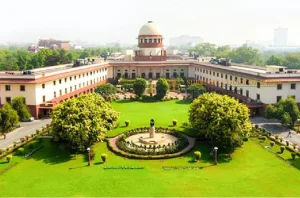
The National Company Law Tribunal (NCLT) and the National Company Law Appellate Tribunal (NCLAT), established in 2016, are specialised quasi-judicial bodies that primarily look into company law, competition law, and insolvency laws. Through their statutes and jurisdiction, the tribunals have become key institutions in India’s business and commercial ecosystem. Unfortunately, and within a very short period, their effectiveness and credibility have been brought into question, among practitioners, in open court, and through pronouncements of the apex court, which tarnishes their image in the public eye.
At this juncture, it is necessary to revisit the great thought by former American Attorney, Earl Warren, “It is the spirit and not the form of law that keeps justice alive”. These words are a reminder of how institutions are made up of individuals, and they hold the responsibility for delivering “justice” across a broad spectrum of schemes and subject matter.
Tribunal members, both judicial and technical, are the face and soul of these tribunals. In commercial and business disputes, it is their availability/accessibility, understanding, actions, and reputation that come together to form the “discipline” of the institution. The article explores this idea of “judicial discipline” extending beyond ethical conduct to encompass procedural fairness, internal governance, and the maintenance of decorum.




